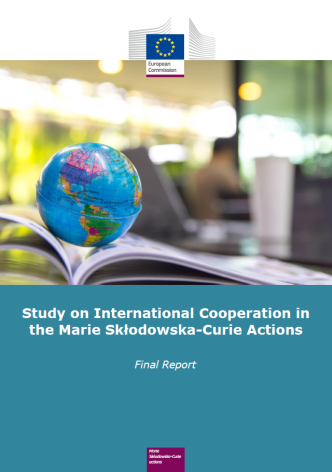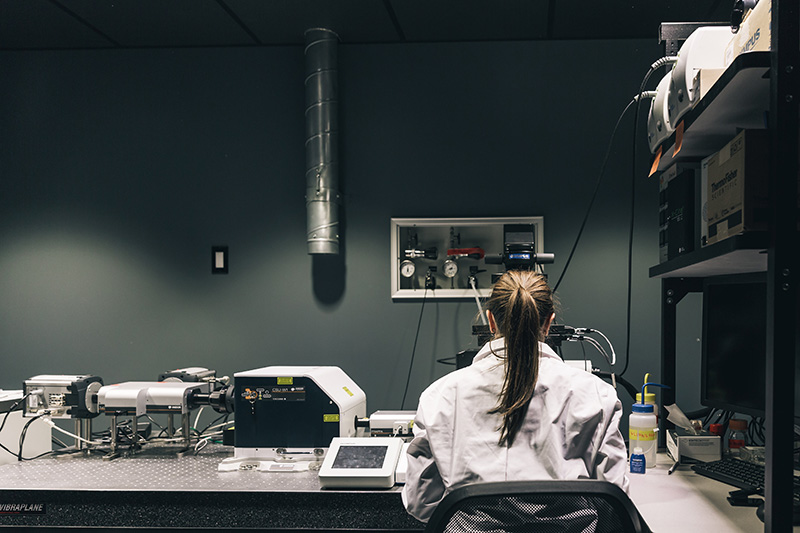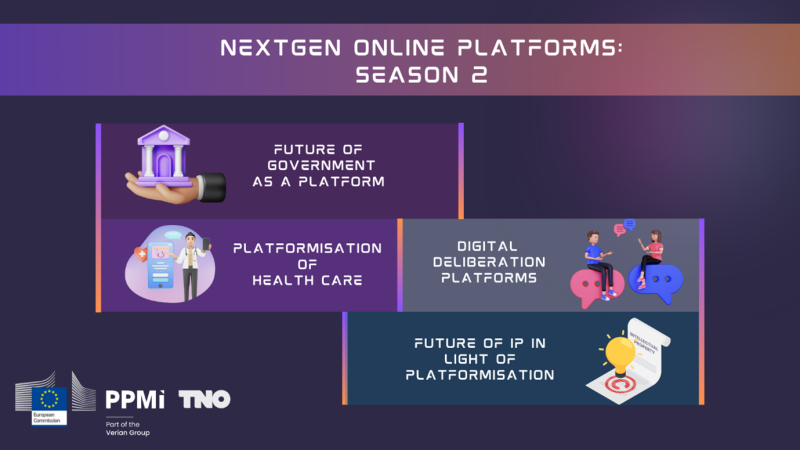The European Commission has just published a study on international cooperation in the Marie Skłodowska-Curie Actions, which was implemented by PPMI together with the Centre for Strategy and Evaluation Services (CSES). The study has a good potential to be an important source of evidence in the emerging policy context. The following is one of the objectives that the Commission President von der Leyen has set for the Research and Innovation Commissioner Mariya Gabriel in her mission letter: ’You should maximise the potential of our exchange programmes to foster international cooperation in education, research and innovation.’ The Marie Skłodowska-Curie Actions – the EU’s 6.2 billion research fellowships programme – is by far the most international part of Horizon 2020. More than half of all third country organisations, participating in Horizon 2020, take part in the Marie Sk’odowska-Curie Actions. Therefore, it was no surprise that the Commission sought to analyse how the programme could contribute more strategically to reaching the objectives of the EU strategy on international cooperation in research and innovation.
Before this study, only anecdotal evidence was available for understanding the reasons and factors influencing the involvement of third country organisations and researchers in the Marie Skłodowska-Curie Actions. In addition, there was no comprehensive qualitative or quantitative assessment, which would allow for an informed decision to be taken as to which cooperation should be reinforced to ensure more effective exchange of the ideas and talent at the international level. Our study provides the first in-depth analysis by taking stock of the structure and impacts of international cooperation within the Marie Sk’odowska-Curie Actions. The outcomes of the study and its recommendations will allow the European Commission to better decide on the focus, funding streams and rules regarding third country involvement in the programme. Furthermore, the research conducted will help to look beyond the Marie Sk’odowska-Curie Actions and embed the programme in the wider context of the European R&I international cooperation policies.
The study concludes that the programme is and will remain bottom-up, but at the same time efforts should be made to better align it with the EU external policy objectives, given its strong international dimension and the growing role of science diplomacy in foreign policies and strategies. As an overarching line of action, the study therefore recommends that the Marie Sk’odowska-Curie Actions cooperation issues be systematically addressed during formal Science & Technology policy dialogues held with the national authorities from third countries or regional fora, and that the results of these discussions be reflected in the corresponding bilateral and regional cooperation roadmaps. The study provides 13 very detailed and region-specific recommendations, which should be implemented as part of this overarching framework.







